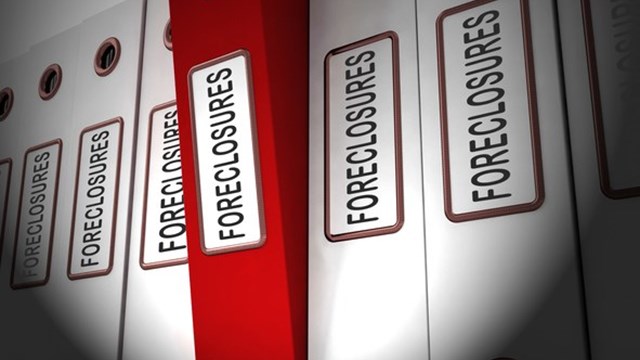
Can I withhold my payment until the board takes stronger action against these homeowners in arrears? In my opinion, not enough has been done to collect outstanding debts and this assessment would cause me a severe hardship. I also requested to view a sample spreadsheet of the collection payments with the names omitted. I believe I had the legal right to request this. We were just assessed 12/2011, due to the winter storms. It appears that for 2012 we will be asked to contribute another assessment and the bank loan does not look promising. What action can I and other residents take?
—Fed Up in Fairfield
“This obligation to pay assessments is recognized as unconditional. See Glen v. June, 344 N.J. Super. 371, 376-377 (App Div 2001), citing Holbert v. Great Gorge Village, 281 N.J. Super. 222, 226 (Ch Div. 1994). In addition, the unit deed under which someone purchases a condominium unit typically provides that the interest is purchased subject to the covenants and restrictions contained in the master deed. Most association governing documents also contain language which states that the acceptance of a deed or conveyance of a unit shall constitute an agreement that the provisions of the master deed and bylaws will be complied with.
“Accordingly, the payment of assessments is a membership obligation imposed on unit owners by the association, and it is the board’s affirmative duty to collect the common expenses and assessments from the unit owners together with any costs and expenses of collection thereof.
The New Jersey Condominium Act further provides at N.J.S.A. 46:8B-17 that: no unit owner may exempt himself from liability for his share of common expenses by waiver of the enjoyment of the right to use any of the common elements or by abandonment of his unit or other-wise.
“Although you are frustrated with the board’s inaction regarding the delinquencies, as a matter of law your remedy is not to withhold payment of fees. As a unit owner, you may pursue legal action against the association if the board breaches its fiduciary duties. You may also take action as set forth in your association bylaws to remove board members, or, of course, run for the board at the next election.
“With regard to the inspection of records, many association bylaws provide that the books, records, and papers of the association are to be made available for inspection to all members during normal business hours. Certain records, such as the names of delinquent owners, may be exempt from review in the interest of individual homeowner privacy or because they contain privileged information under the attorney-client privilege. Among the records available for review by owners would be those related to the association’s financials, which would include the total amount of delinquent accounts and the number of owners which comprise the delinquencies.” n






Leave a Comment